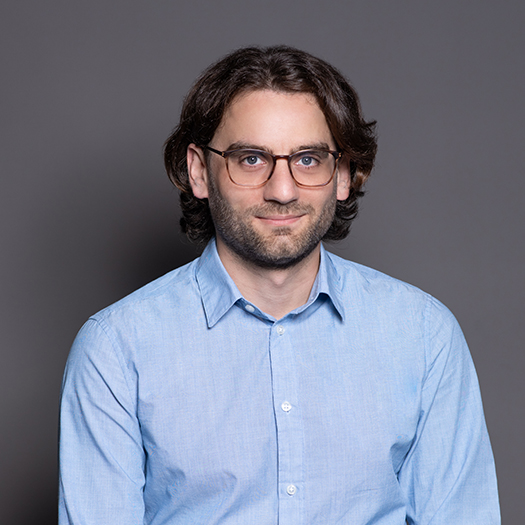In Structurally Weak Regions, Job Losses Are More Likely to Lead to Long-Term Unemployment
ResearchDecrease in Routine Tasks
In Germany, as in many other industrialised countries, occupations with predominantly manual routine tasks are generally on the decline. However, this structural change does not affect all regional labour markets to the same extent. How do regional differences affect employees individually and what role do layoffs and job mobility play in this context?
The recently published ZEW study “Regional Structural Change and the Effects of Job Loss” addresses these questions using the example of West Germany in the period 1990–2010. The study resulted from a cooperation between Melanie Arntz and Boris Ivanov of the ZEW Research Department “Labour Markets and Social Insurance” and Laura Pohlan of the Institute for Employment Research (IAB) in Nuremberg. The authors were able to show for the first time how structural change in the local labour market affects the employment histories of individual workers and what role occupational flexibility and regional mobility play in this regard.
First of all, for the period under study, the researchers found that, generally, occupations were shifting from routine manual tasks in manufacturing to analytical and interactive tasks in the service sector. However, this change does not affect all regions alike: During the period under study, especially urban industrial centres such as the Ruhr area were affected by massive job losses in the manufacturing sector, which were hardly compensated by employment gains in other sectors. On the other hand, booming rural areas, for example in southern Germany, benefited from job growth in both industrial and service occupations.
Targeted policy measures needed in case of regional structural change
“We were able to show that these regional differences only have an impact on the employment trajectory of workers in manual manufacturing occupations when they lose their jobs due to a plant closure or mass layoff and are forced to look for a new employer,” explains Melanie Arntz. This is because the general decline in manual manufacturing jobs is not so much through layoffs as through fewer (new) hires. However, those who are nevertheless affected by a job loss in structurally weak regions have a significantly higher risk of becoming long-term unemployed. This is especially true for older or less qualified people who are typically less flexible and mobile. In addition, dismissed workers also suffer wage losses in the long run, as they previously earned high wages in the industrial sector, which are not matched in their new job. This applies in particular when they found a new job in a different occupational field.
The results thus provide important impulses for shaping future transformation processes, such as the coal phase-out or the shift to e-mobility, the consequences of which will also be felt more strongly in certain regions than in others. The study shows that developments on the labour market do not necessarily have to be accompanied by individual employment risks, as long as employees are well prepared for possible job losses. “It is therefore important to react to the challenges of structural change with a bundle of measures. In addition to facilitating occupational mobility by re-training measures, a temporary wage subsidy for career changers can reduce obstacles associated with the corresponding loss of firm wage premiums. Moreover, mobility subsidies that take into account both monetary and non-monetary moving costs could also help to counteract rising long-term unemployment in structurally weak regions,” explains Melanie Arntz. Therefore, an approach is needed that considers the regional context in which layoffs take place and that targets less flexible, vulnerable groups.


